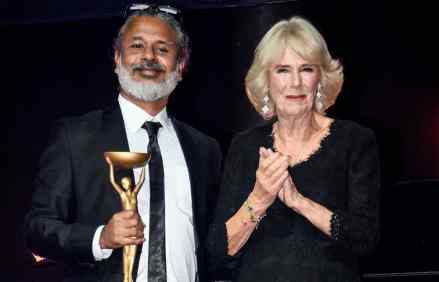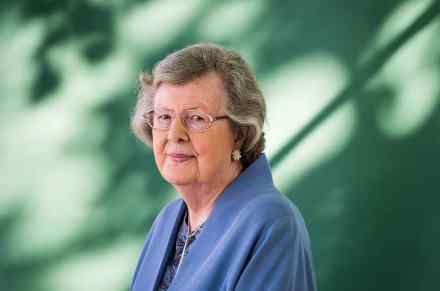It’s good to be back on the back benches
After the shale gas vote, I was literally sent to Coventry – to visit the UK Battery Industrialisation Centre. It is a remarkable facility that helps take batteries from development through to production. It means companies only need the hundreds of millions of pounds in investment once they have shown that their product works and is saleable. It was funded by the Faraday Battery Challenge, and I was there to announce a further £221 million of taxpayers’ money. This is one of the rather better ways the Department for Business, Energy and Industrial Strategy spends money, while some of our policies seem designed to ruin industry. I am particularly concerned







